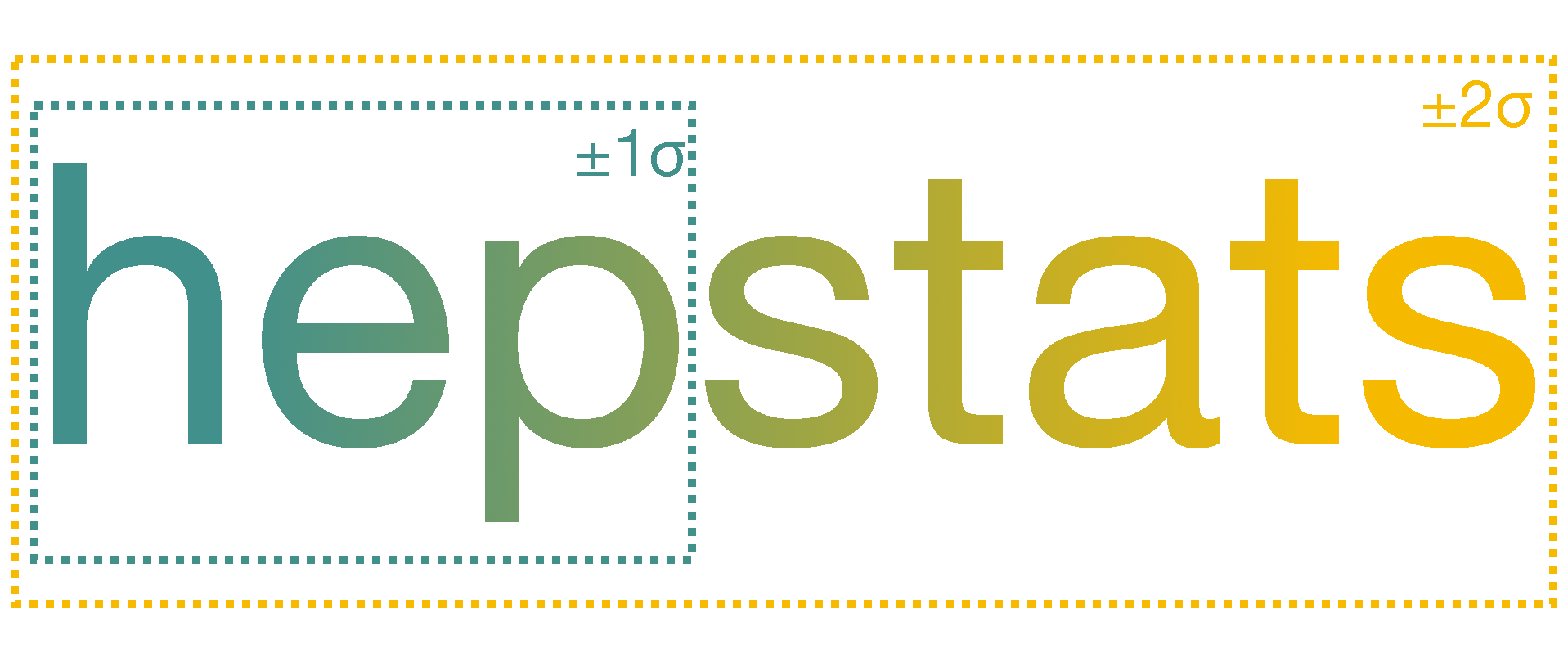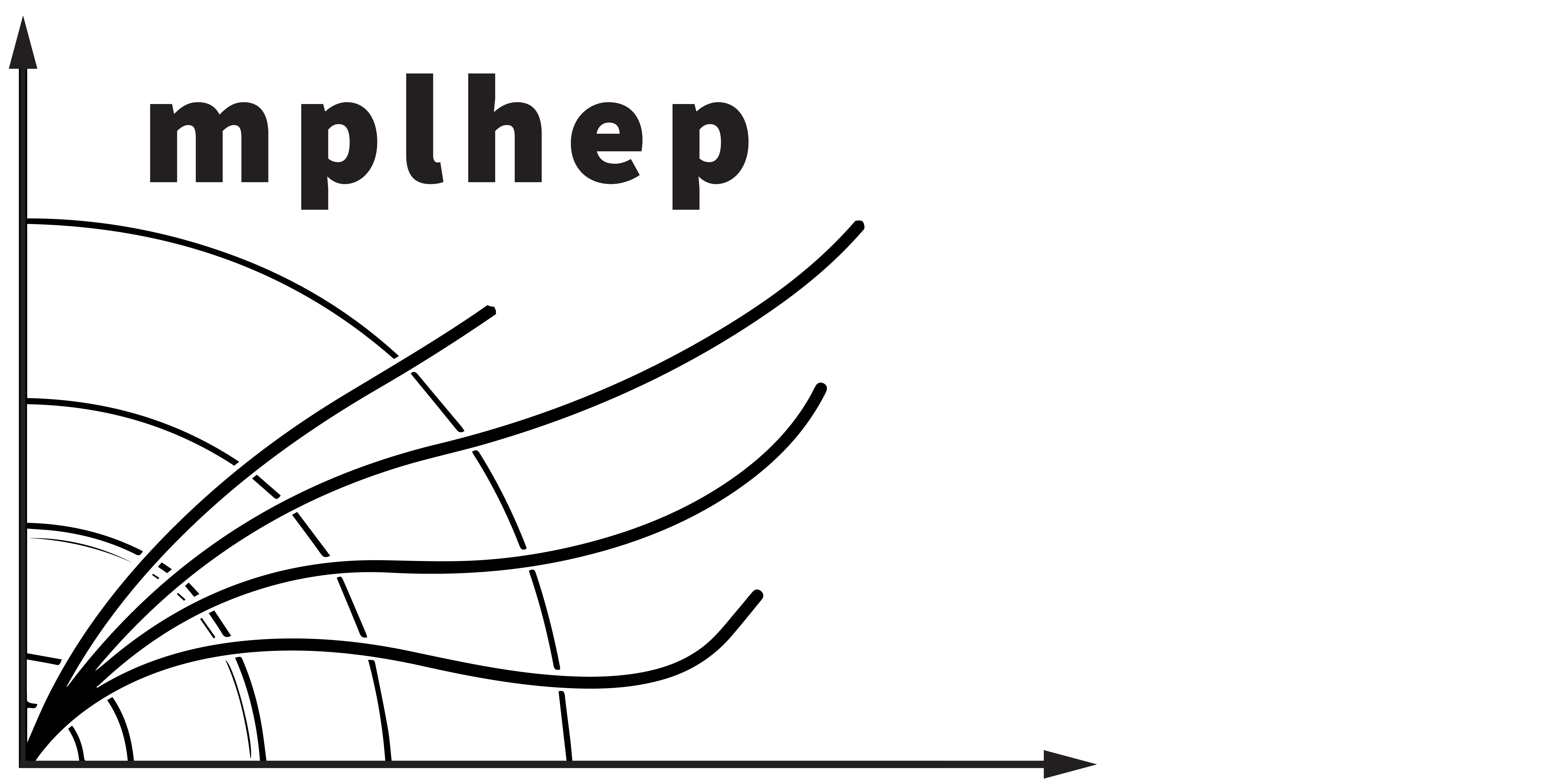Scikit-HEP project - welcome!
The Scikit-HEP project is a community-driven and community-oriented project with the aim of providing Particle Physics at large with an ecosystem for data analysis in Python. Read more →
New users can start with our user pages. See our developer pages for information on developing Python packages.
News • Tutorial • Resources • Cite us • Get in touch
Basics:
Units and constants in the HEP system of units.
Manipulate ragged arrays as NumPy or CuPy arrays.
Data manipulation and interoperability:
Basic tools and wrappers for enabling not-too-alien syntax when running columnar Collider HEP analysis.
Easy conversions between different styles of expressions.
Bridge between columnar file formats such as ROOT and Parquet.
Histogramming:
Histoprint nicely displays histograms in the terminal.
Unified Histogram Interface, providing static tools and documentation for the common behavior and interaction between histogram libraries.
Particles and decays:
Fitting:
Statistics:
Numba-accelerated statistical distributions.
Interface to HEP libraries:
Next generation Python bindings for HepMC3.
Machine Learning:
Visualization:
View Vega/Vega-Lite plots in your web browser from local or remote Python processes.
Miscellaneous:
A utility for building all PyPI supported binary wheels on all CI systems. See our guide for instructions.
A utility for building a new Python package with multiple backends based on the Scientific Python Development Guide, including sp-repo-review checks.
An XRootD implementation for fsspec
Sub-package to hold data (fonts) for mplhep.
A C++11 API for CPython and PyPy. Can create extension modules written purely in C++ or in C++ and Python; no new language, separate generation step or tooling required (header only templated C++).
A Python 3.10+ framework for running configuration check plugins.
Metapackage for the Scikit-HEP project providing various of its tools and interfaces.
Testing:
A suite of GitHub workflows that run nightly to test the HEAD versions of various Scikit-HEP packages.
Common package to provide example files (e.g., ROOT) for testing and developing packages against.
In some cases, the packages provide a bridge between different technologies and/or popular packages from the Python scientific software stack. If you are looking for a deprecated package, see the full package list.



















